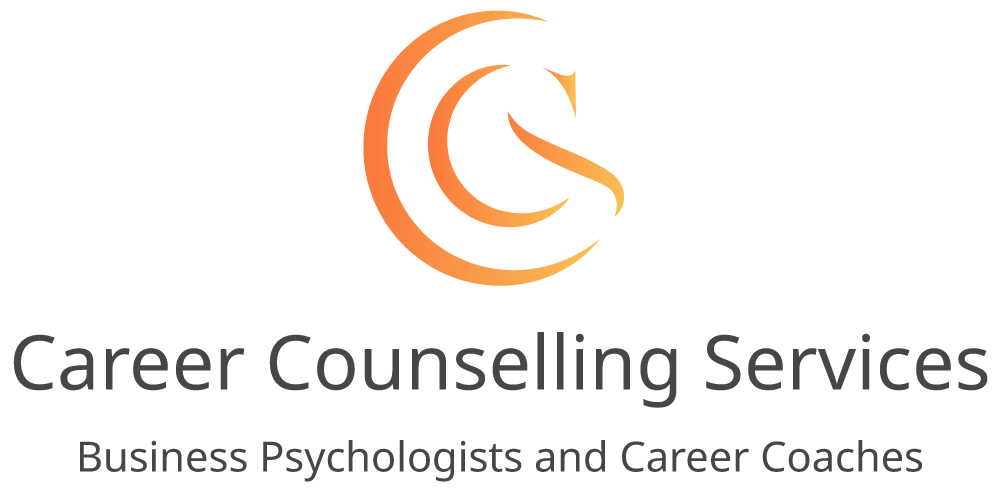
I’ve had several productive career conversations lately with clients and those within my network and many are in a reflective mood, myself included, especially as we are about to conclude another year. The common theme is that many of us are feeling overwhelmed by what needs to be achieved next year, regarding our career goals. The continuing uncertainty of the pandemic does not of course help when our energies are already depleted.
So where can we start?
We hear about the need to “future proof” our careers (John Fitzgerald, ‘Future Proof your Career: From the Inside Out, 2018). We also understand the importance of building a Personal Brand by finding ways to reinvent ourselves and remain relevant.
 That’s the theory.
That’s the theory.
However, when it comes to taking the next steps in our career, the multitude of options can result in a complete overwhelm. Before you know it, procrastination sets in, and we somehow find ourselves practicing the art of “doing nothing.” Or simply focusing on getting through each day’s work based tasks.
Doing nothing in terms of our career planning in the long term is problematic though. Small planned action steps are crucial if we want to ensure we truly are ‘future-proofing’ our careers.
To help break free of this feeling of stagnation and to try to boost your energy for 2022, we’ve outlined some top tips, to make the career planning process a little easier.
Career Planning Tips

- The holidays are a good chance to reflect. Once you’ve reflected on the past 12 months, outline what’s important to you in your career.
- If you’ve encountered setbacks and challenges, what did you learn from the experience? What helped you move on? What lessons can you apply, moving forward? This definitely relates to a core idea of Career Resilience – our ability to bounce back and learn from setbacks!
- Note down some broad career aims and goals – then write down just a few small action steps.
- Identify who your “supporters” are. These are people inside and outside of work, who will hold you accountable and/or champion you to remain focused on completing your career goals. Think about how often you can arrange to meet these key people and make sure you get time booked in with them.
- Identify your key skills and strengths. What is your key point of difference and how can you articulate and demonstrate this within your work, your business, your network or with a future employer?
- Make a commitment to build on your professional and personal development. What new skill can you learn? How many “coffee chats” will you hold (virtual or face to face), to expand your knowledge? How can you keep up to date with the changes in your organisation and industry sector?
- Create a vision board, (manual or digital), depicting your future career successes. This will help to inspire and motivate you, as you work towards your goals.
- Be flexible. Review your progress regularly and be willing to adapt and change your plan as required.
- Lastly, don’t forget to treat yourself to a small reward for every successful milestone! This will really keep up your motivation and energy.
To find out more about the CCS Resilience training, see https://www.career-counselling-services.co.uk/developing-career-resilience/
